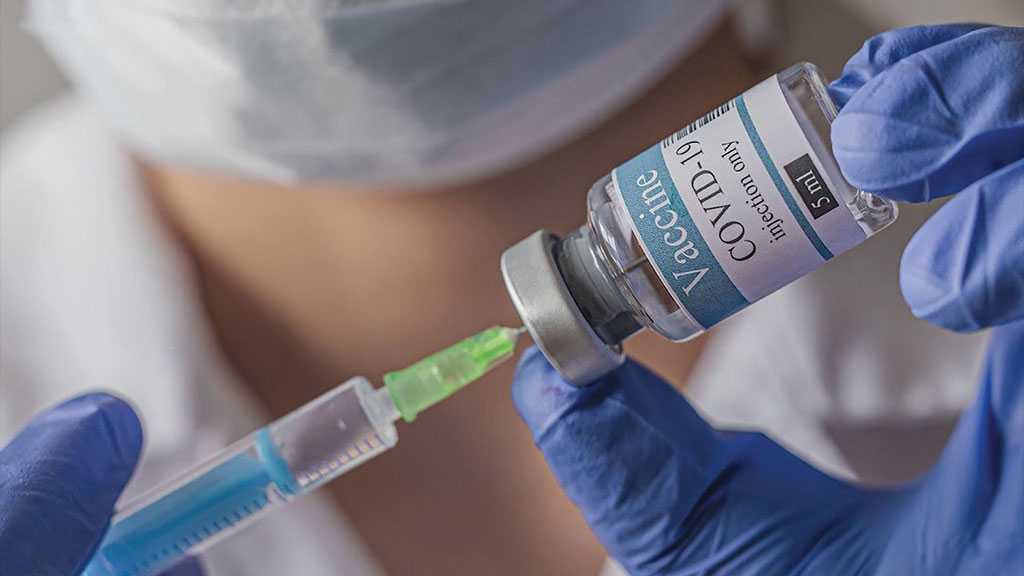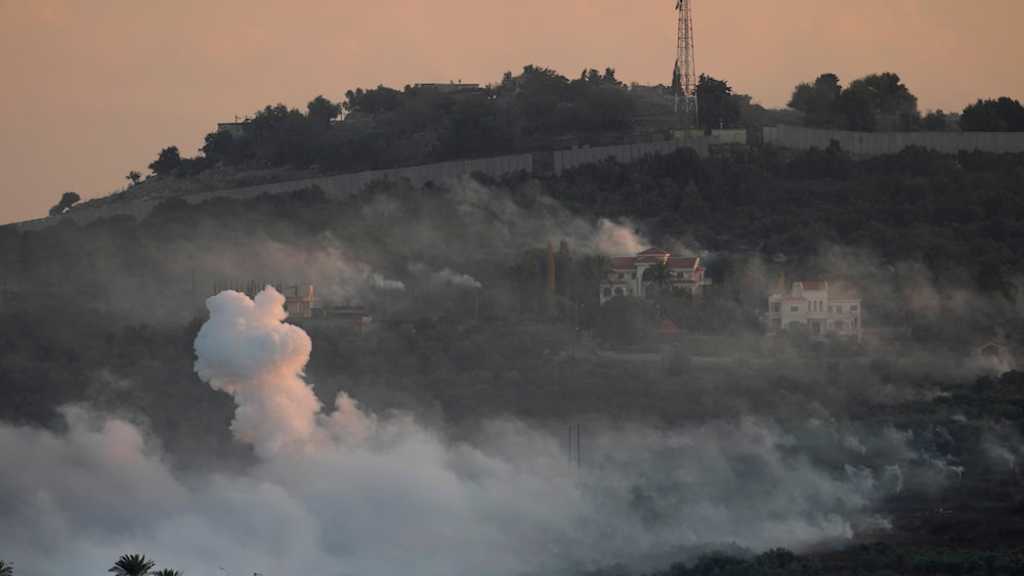
Lebanon’s Inoculation Drive to Start With Only 60k Vaccines

By Staff, Agencies
Lebanon's coronavirus inoculation program is set for a slow start in February, with a first shipment of only around 60,000 vaccines arriving in the first half of the month as 12 vaccination centers are established across the country.
The deal between Pfizer-BioNTech and the government for a total of 2.1 million vaccines was expected to be signed last week but negotiations over the responsibility for potential side-effects of the vaccine have caused delays.
Assem Araji MP, head of Parliament's health committee, told The Daily Star: “Pfizer do not want to take responsibility; this is why we are still negotiating.” However, he assured that the Lebanese government would agree to take responsibility, and that the deal should be signed “by the end of the week.”
Dr. Abdul Rahman Bizri, head of the government's emergency health commission, revealed to The Daily Star that the country’s vaccination program would include an initial 12 coronavirus vaccinations centers, established specifically for administering the vaccine.
“The centers are already assigned and checks are underway to ensure they meet the criteria with boosting and preparation so they are ready for first week of February,” Bizri said.
The first shipment of the Pfizer vaccine is expected to arrive between Feb. 7 and Feb. 14, according to Bizri. He explained that the number of doses in the first shipment, as per the recommendation of the technical coronavirus health committee, “will be a little on the low side to see how health care professionals, particularly nurses, will handle the vaccines.”
“The two next shipments will be larger,” he added.
Araji also explained that it would be a slow start: “I think the first shipment could be 60,000 [doses], it will be gradual. By the end of July, we should have the 2 million doses.”
Since the government decided to relax coronavirus regulations prior to the December holiday period, including reducing the curfew to 3 a.m.-5 a.m. and allowing the reopening of nightclub venues and bars, infections have soared across the country and hospital capacities have reached critical point.
Daily recorded virus cases have surged past 2,000 to reach well over 3,000 in the last few weeks, fueling calls for a total lockdown, while health officials have warned the country is on the edge of a coronavirus catastrophe.
The need for vaccinations against the infectious disease is now seen as the only way out of the health pandemic and to fully reopen society, which has been under intermittent lockdowns since March 2020.
The Health Ministry has been orchestrating a plan to coordinate who will be first on the list to receive the vaccine. Bizri said the plan was “ready to go,” with the elderly [60-65 years and older], vulnerable, health care workers and front liners prioritized.
He also revealed that those in key positions to maintain the functioning of society, like maintenance, traffic, transport and food chain workers will be prioritized.
The Health Ministry has assured that the 2.1 million Pfizer vaccines will be administered at no cost to the patient. However, there will in time be options to receive the jab in the private sector, whether it is the Pfizer or Oxford AstraZeneca jab, of which the latter is the government’s next target from which to secure doses, according to Bizri.
Bizri did not reveal how many jabs the 12 vaccination centers will be able to administer each day, explaining that it is dependent “on the size of the center and the number of shipments we receive.”
What’s more, it is not yet fully clear how citizens can sign up to receive the jab, despite the promised arrival to be only weeks away.
“We will have several mechanisms, like online registration, filling in a form, and vis a vis,” Bizri said. There will soon be campaigns on TV stations and social media to create awareness of the vaccine, in conjunction with the Information Ministry, he added.
There has been growing hesitation among the public, not just in Lebanon but also globally, over the quick development of the vaccines and their potential unknown side effects. But Araji assured that education campaigns would encourage them to take the jab and reaffirm its safety.
He further explained that once 10,000 people were vaccinated with no side effects, others would then be reassured to also receive it.
Araji emphasized that the program would take time. He voiced hope that by the end of 2021, 70 percent of the population could show immunity, considering the plan to have half the population vaccinated, in addition to around 20 percent who will have gained herd immunity.
Comments

Hezbollah Mourns Martyr Hussein Nimer Masarrah
4 months ago

